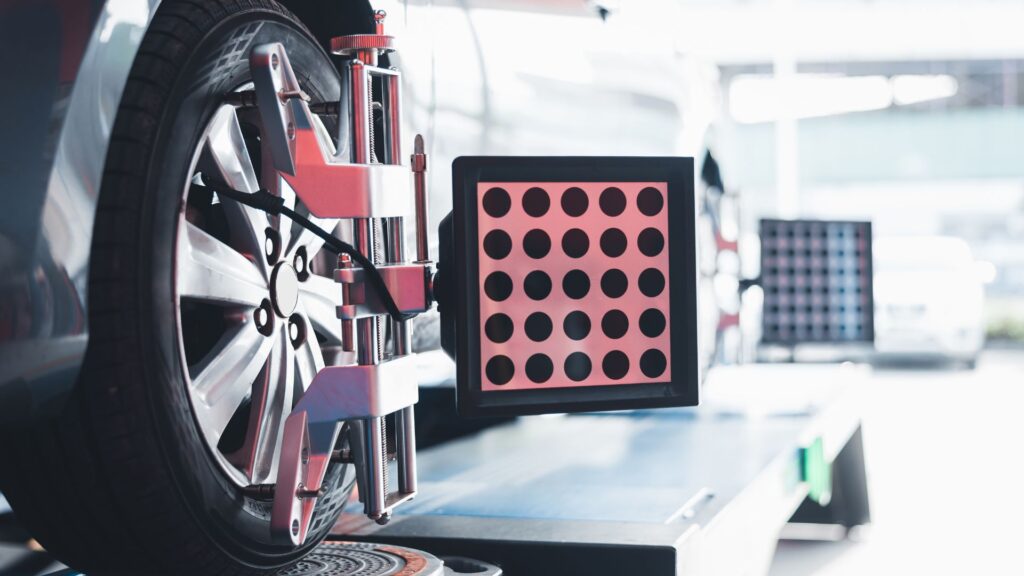Tires are one of the most crucial components of any vehicle, serving as the primary interface between your car and the road. Over the years, tire technology has undergone a remarkable evolution, driven by a relentless pursuit of safety, performance, and durability. In this exploration, we’ll take a closer look at the evolution of tire technology and the groundbreaking safety innovations that have revolutionized the automotive industry.
The Early Years:
The history of tires can be traced back to the late 19th century when Scottish inventor John Boyd Dunlop revolutionized transportation with the invention of the pneumatic tire. Dunlop’s innovative design, consisting of an air-filled rubber tube encased in a durable outer layer, provided a smoother ride and improved traction compared to solid rubber tires.
Radial Tires:
In the mid-20th century, radial tires emerged as a significant advancement in tire technology. Unlike traditional bias-ply tires, which featured crisscrossed layers of fabric, radial tires incorporated steel belts running perpendicular to the direction of travel. This design offered superior stability, handling, and fuel efficiency, revolutionizing the automotive industry and becoming the standard for modern passenger vehicles.
Tire Pressure Monitoring Systems (TPMS):
In the early 21st century, tire pressure monitoring systems (TPMS) emerged as a critical safety innovation. TPMS sensors monitor tire pressure in real-time and alert drivers to significant deviations from the recommended pressure levels. By alerting drivers to underinflated tires, TPMS helps prevent tire blowouts, improves fuel efficiency, and prolongs tire lifespan, enhancing safety on the road.
Run-Flat Tires:
Another notable innovation in tire technology is the development of run-flat tires. Run-flat tires feature reinforced sidewalls that support the vehicle’s weight even when fully deflated, allowing drivers to continue driving for a limited distance at reduced speeds after a puncture or loss of air pressure. Run-flat tires provide added peace of mind by reducing the risk of accidents and roadside emergencies associated with sudden tire failures.
Smart Tires and Connected Technologies:
In recent years, tire manufacturers have embraced smart technologies to enhance tire performance and connectivity. Smart tires feature built-in sensors that monitor tire temperature, pressure, and tread wear in real-time. These sensors provide valuable data to drivers and vehicle systems, enabling proactive maintenance, optimizing tire performance, and improving overall safety on the road.
Conclusion:
The evolution of tire technology has been nothing short of remarkable, driven by a relentless pursuit of safety, performance, and innovation. From the invention of the pneumatic tire to the development of smart tires and connected technologies, tire manufacturers continue to push the boundaries of what’s possible in the automotive industry.
As we look to the future, advancements in tire technology promise to further enhance safety, efficiency, and sustainability on the road. By staying abreast of the latest innovations and investing in quality tires, drivers can enjoy a smoother, safer, and more enjoyable driving experience for years to come.






